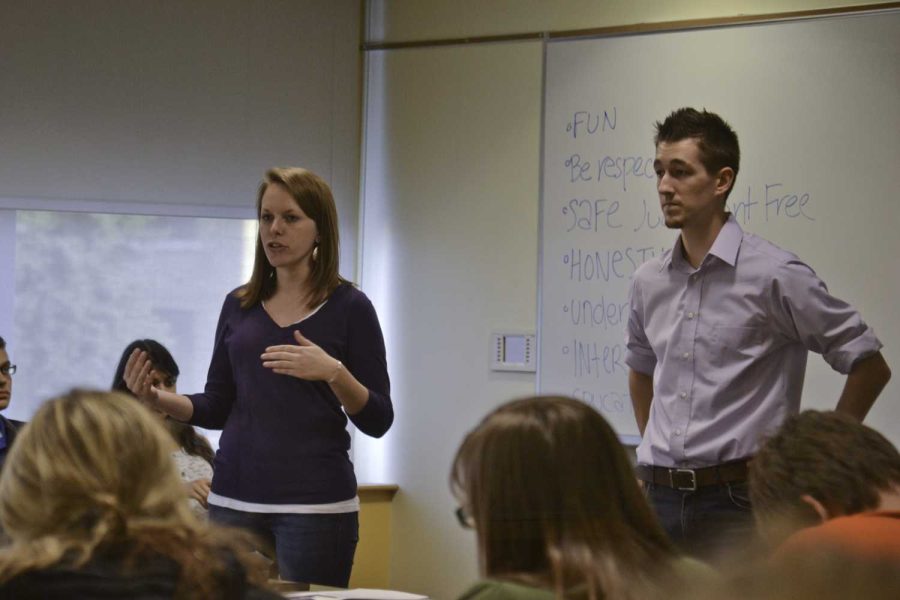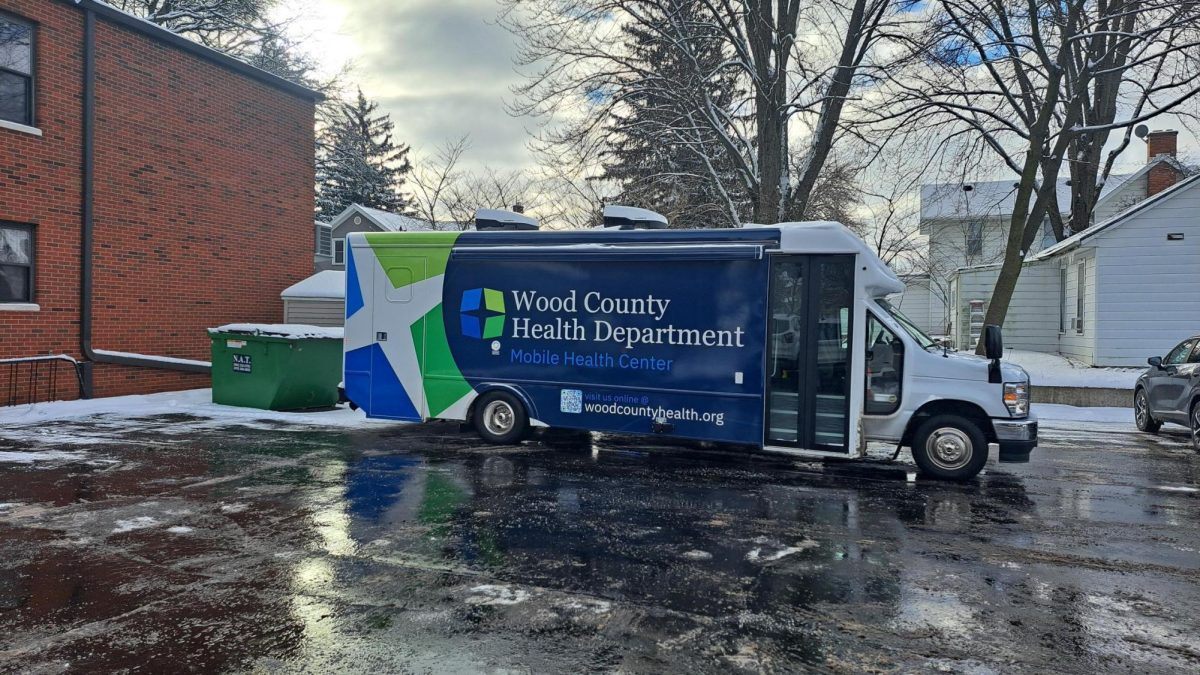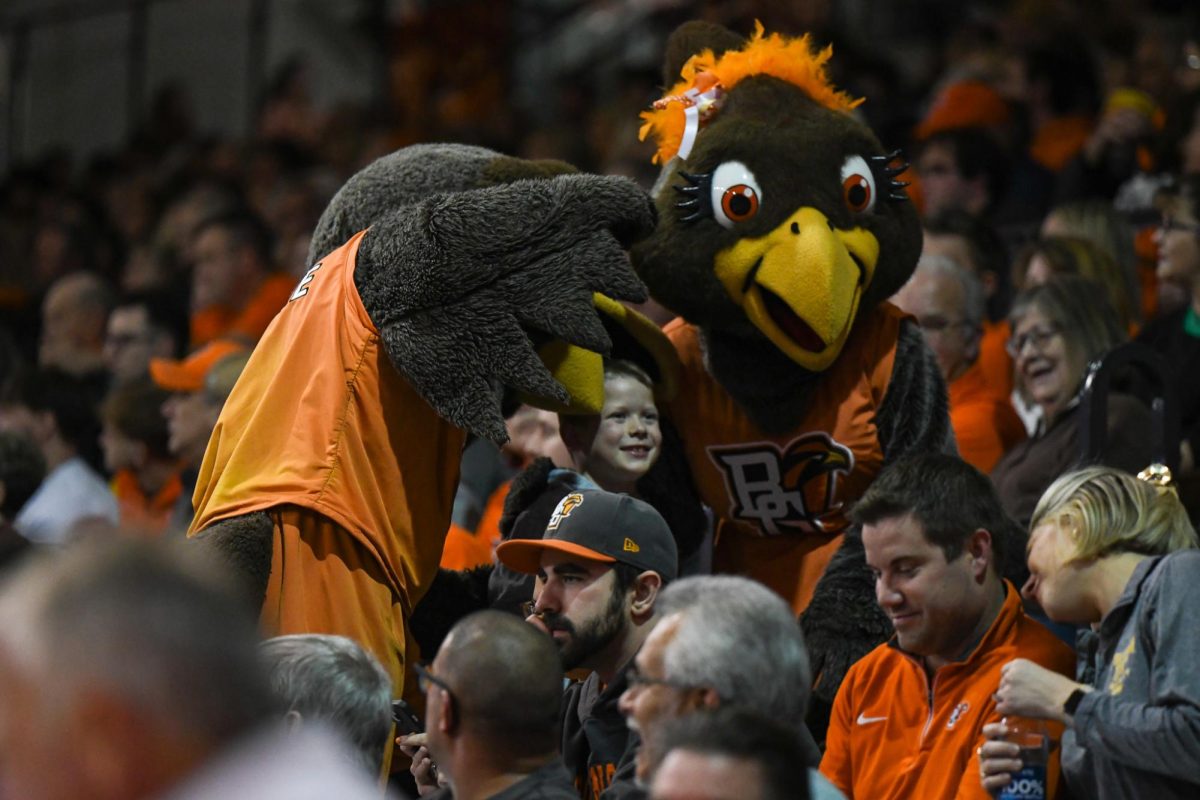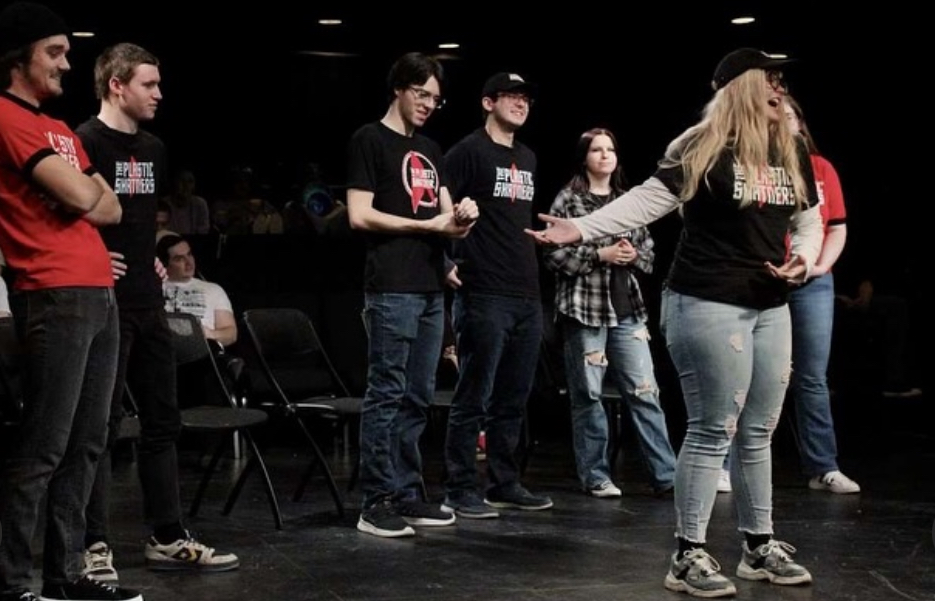Asexuality isn’t limited to single-celled organisms, but it pertains to people as well.
The Asexuality Awareness Program at the University, created by graduate students Amy Hill and Kyle Fassett, hosted an event educating people about asexuality Tuesday night in 315 Union.
People who are asexual are not sexually attracted to other people.
During the event, Hill and Fassett introduced a crowd of roughly 50 people to resources such as the Asexuality Visibility and Education Network, an asexual online community.
Issues associated with being asexual were also discussed. Some of these issues were about asexuality not being taken seriously.
Hill and Fassett said some say that people who are asexual just haven’t had sex yet, so they don’t know for sure that they don’t want it.
“Most 13-year-olds … know that they want sex,” Hill said, “They [asexuals] did not experience that, so they don’t need to try it to know that they don’t want it.”
Hill and Fassett started the program because they wanted to teach people about something that not many people were aware of.
“It is not a common or well-known population,” Fassett said.
The two saw the documentary (A)sexual, which inspired them to teach people about asexuality.
Not much research has been done about asexuality, Hill said.
“A lot of the information we got for our presentation did come from that documentary because there’s so little research done on this sexual orientation and identity,” Hill said.
Hill and Fassett wanted people to know that asexuality is normal and should be considered a sexual orientation. They said that there’s no evidence that asexuality is a psychological disorder.
“Sexuality is not as binary as people tend to think of it today,” Hill said.
Although asexuality can be considered a sexual orientation, Hill and Fassett said asexuals have had a difficult time becoming a part of the Lesbian, Gay, Bisexual and Transgender community.
They said this is because unlike most other sexual orientations, asexuals are not interested in sex.
“I don’t feel like I’m welcome [in the LGBT community],” said senior Amy Arnold, who attended the event and identifies as an asexual.
Arnold saw the event on the campus update and said she was glad there was a group bringing awareness of asexuality. She expressed that it is difficult to be asexual.
“It’s very difficult because there’s such a pressure to be sexual,” Arnold said, “You’re bombarded with it every day. To be anything different is kind of hard.”
Arnold wants people to know that asexual people are just like sexual people.
“There’s nothing wrong with us,” she said.














